England has dedicated more than two decades of his distinguished career helping students reach for the stars to understand more about Earth and other planets.
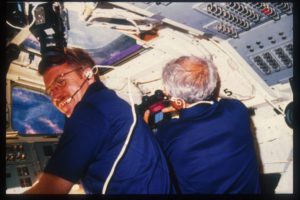

England has dedicated more than two decades of his distinguished career helping students reach for the stars to understand more about Earth and other planets.
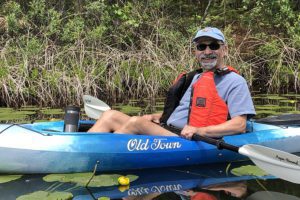
Students say Ulaby, a member of the National Academy of Engineering and recipient of the Edison Medal, is one of the best professors – and people – they’ve ever known.

Electrical Engineering undergrad Madeline Evans is a key researcher on a project that uses NASA’s Cyclone Global Navigation Satellite System to monitor microplastic pollution that harms marine ecosystems.
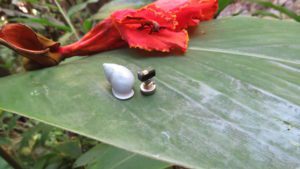
The study yields new insights into the survival of a native snail important to Tahitian culture and ecology and to biologists studying evolution, while proving the viability of similar studies of very small animals including insects
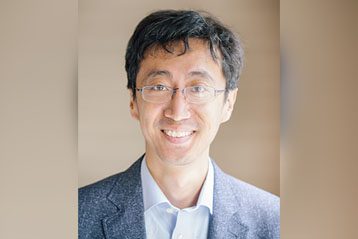
In a project he calls the “Marauder’s Map,” Prof. Zhang uses machine learning-based data models, physics models, and heuristic models to turn physical structures into sensing devices.
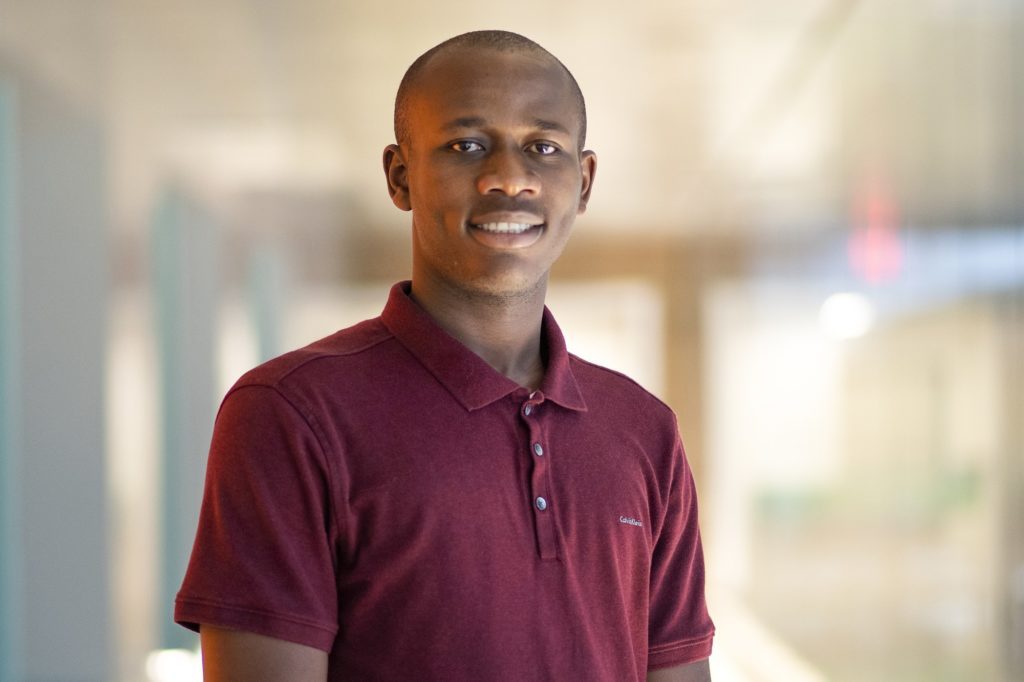
Komma, a PhD student, is working to develop robust low powered localization technology for Artificial Intelligence enabled Internet of Things in locations where GPS is limited or blocked.

Roberts works to improve remote sensing of soil moisture, which is important for environmental conservation, natural resource management, and agriculture.
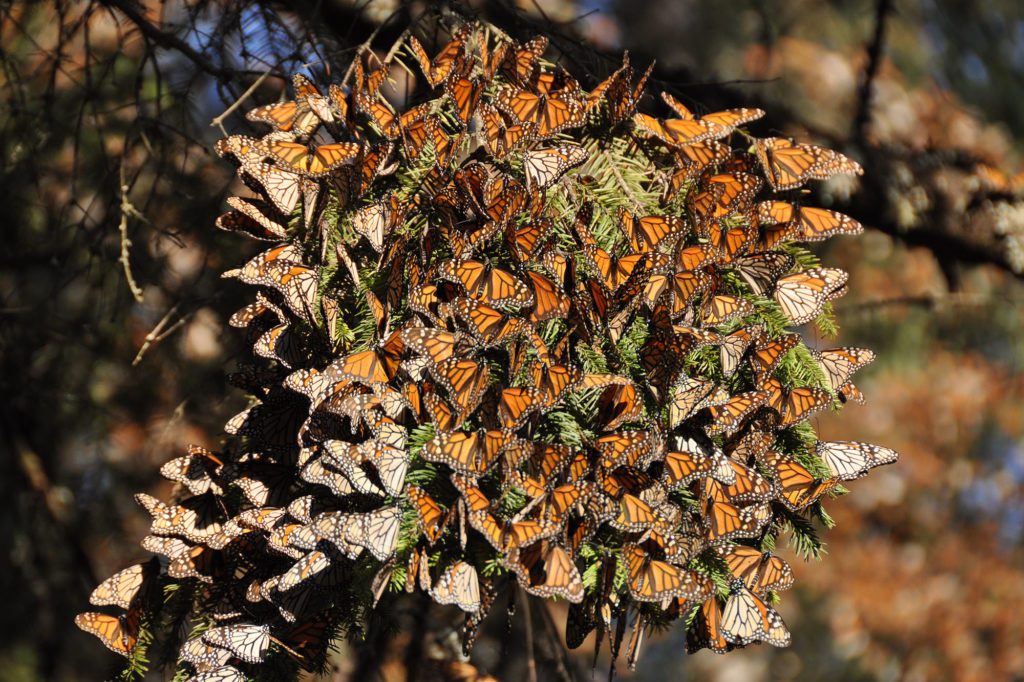
In a project funded by National Geographic, ECE researchers are teaming up with the department of Ecology and Evolutionary Biology to advance our understanding of monarch butterfly migration with the most ambitious iteration of the Michigan Micro Mote yet.
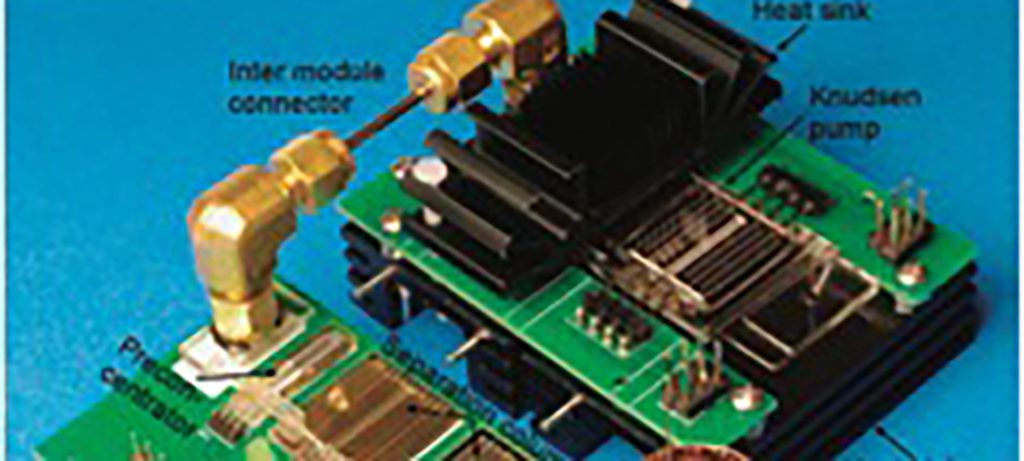
Prof. Yogesh Gianchandani and Dr. Yutao Qin received an “Outstanding Paper Award” for their fully electronic micro gas chromatography system.
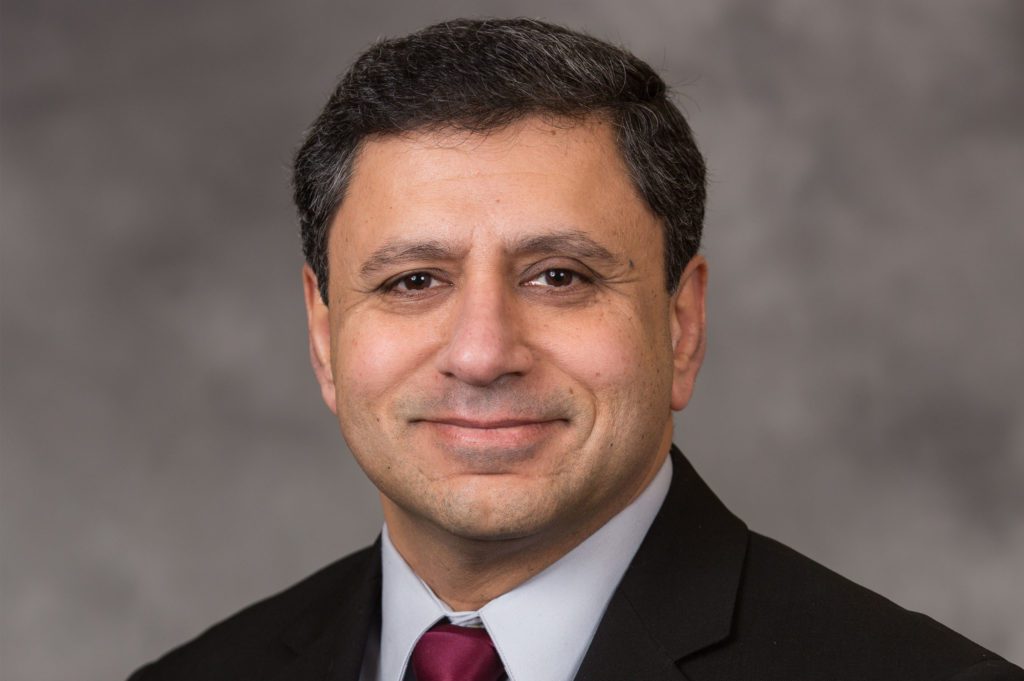
The WAND wireless sensor developed in a collaboration between Total, an oil & gas company, and the University of Michigan is revolutionizing well monitoring